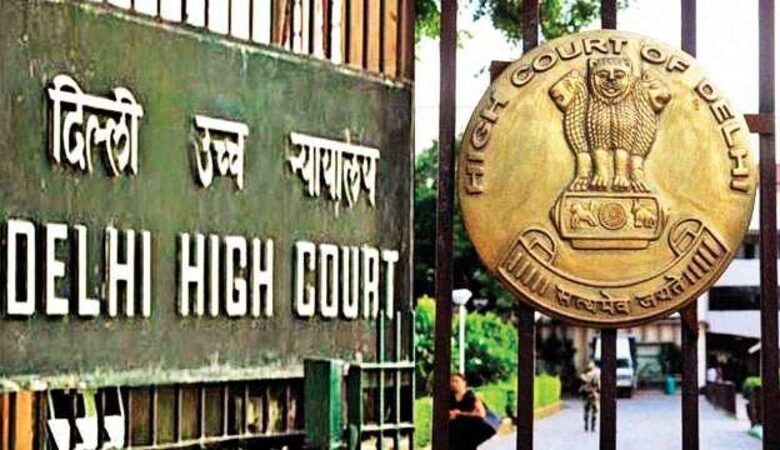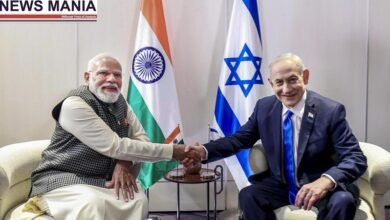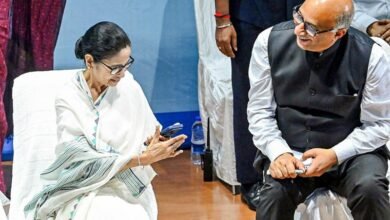Delhi HC rejects plea against rule to reserve symbols for recognised pol parties
News Mania Desk / Piyal Chatterjee / 17th january 2025

On Friday, the Delhi high court dismissed a petition disputing the Election Symbols (Reservation & Allotment) Order 1968, asserting that it discriminates against registered political parties in favor of unregistered ones. This order stipulates the reservation and distribution of election symbols for political parties during parliamentary and assembly elections.
The Janata Party, which filed a petition with the high court contesting the 1968 order, claimed that the ECI decision was biased and unjust because it allocated symbols for recognized political parties while excluding unrecognized ones.
A panel of acting Chief Justice Vibhu Bakhru and Justice Tushar Rao Gedela, nonetheless, rejected the petition, noting that the matter had already been resolved by the Supreme Court in Subramanian Swamy v Union of India (2008).
In this matter, the highest court addressed the Janata Party’s petition contesting clause 10 A of the Order, which allowed a party to keep its symbol only for six years following its loss of recognized political party status, and determined in its September 2008 ruling that symbols are not the exclusive property of a party.
“We see validity in the argument (of the Election Commission of India) that the matter is no longer an open question & has been settled by the authoritative ruling of the SC in Subramanian Swamy v Election Commission of India.” Considering the aforementioned, the high court stated in its ruling, “The petitioner’s contention regarding the order’s constitutionality is also dismissed.”
The Janata Party, represented by a plough on a farmer’s shoulder (Chakra Haldar), gained power at the Centre in 1977, with Morarji Desai serving as India’s Prime Minister. Previously acknowledged as a national party, it was declared an unrecognized political party by the Election Commission of India (ECI) in 2000, after not achieving the required percentage of votes in the 1996 general elections.
The party contended that the 1998 Order was unfair and capricious since it allocated symbols to recognized parties but barred unrecognized parties from utilizing their previous symbols. The party’s appeal stated that this classification was irrational and unnatural. It asserted that symbols were an inherent characteristic of a political party and could not be taken away from a party based on its electoral performance and inability to obtain 6% of the valid votes in the elections. The name and symbol of a political party represent its identity and essence. “Symbols must not be denied to any officially registered political party,” the petition stated.
Represented by advocate Siddhant Kumar, the Election Commission of India contested the petition’s maintainability and emphasized that the Supreme Court had already addressed the matter in the 2008 case.






